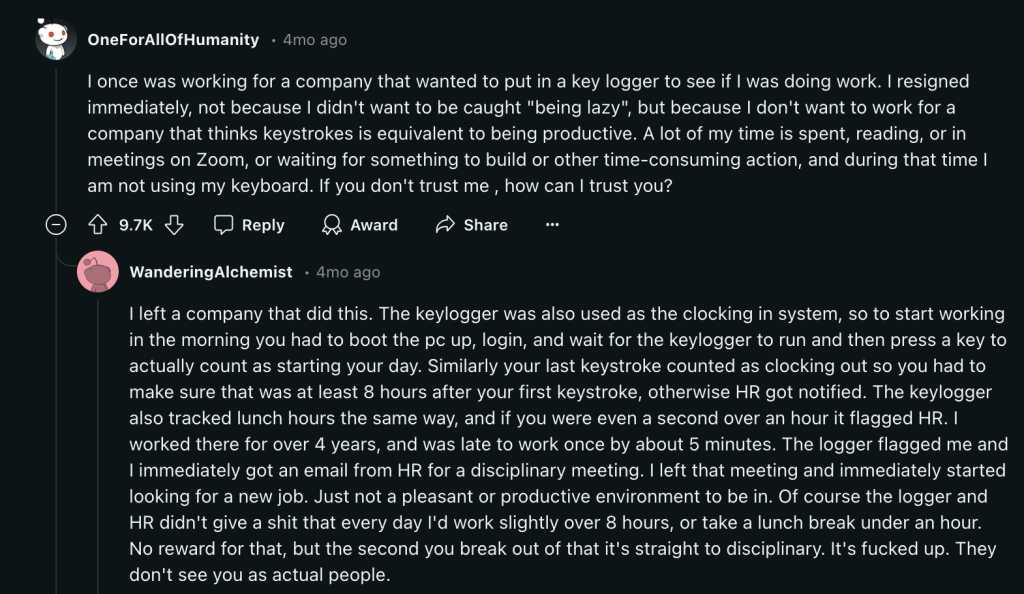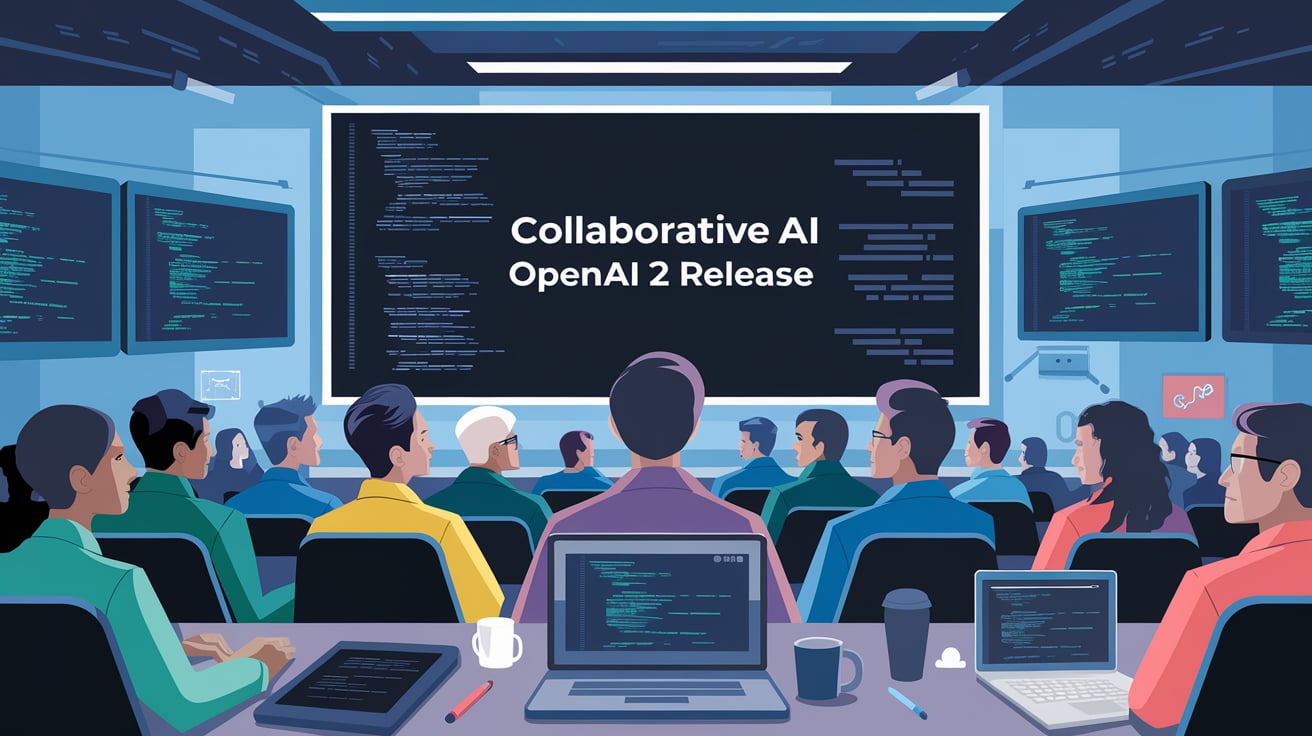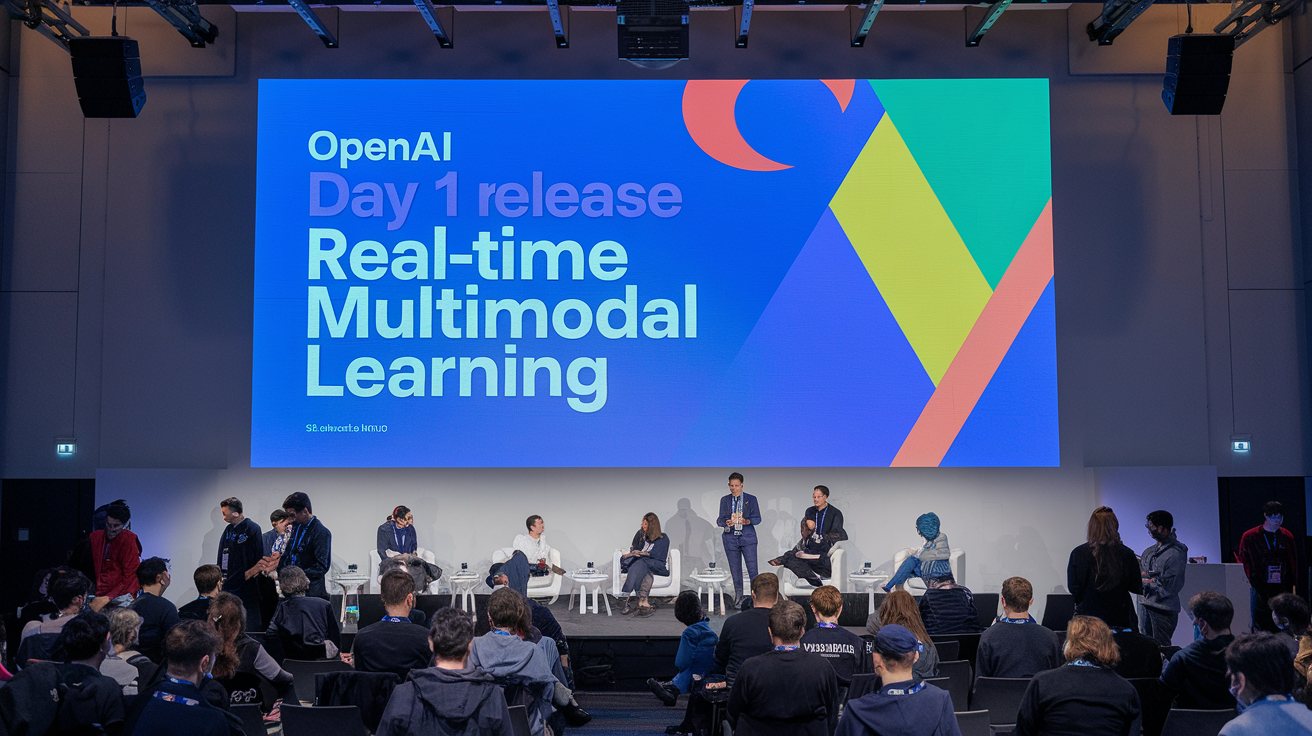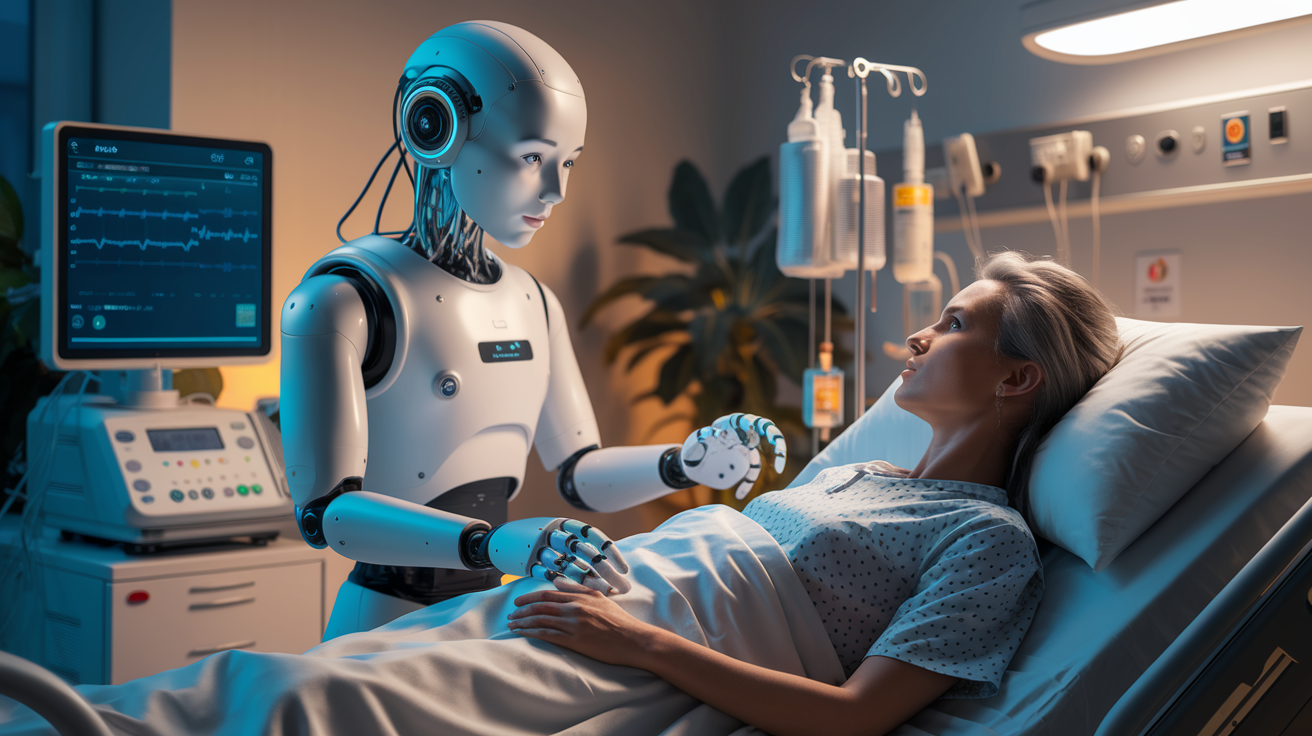Introduction
In recent years, AI surveillance for workers has become an increasingly popular tool among employers aiming to boost productivity. This technology involves tracking employee activities using various forms of AI, from monitoring emails to analyzing work patterns, all in the name of efficiency. However, this raises serious concerns about privacy, ethics, and worker autonomy.
How AI Surveillance Works
AI surveillance systems collect real-time data about employees’ activities during work hours. This can range from monitoring keyboard strokes and mouse movements to analyzing screen time and even tracking facial expressions via webcams. These systems are designed to ensure workers stay productive, but they often feel invasive.

Potential Benefits of AI Surveillance for Workers
- Productivity Insights
Employers argue that AI surveillance provides a detailed view of employees’ work habits. This allows for improved resource allocation, better time management, and identification of bottlenecks that may be slowing down workflow. For instance, AI can identify tasks that take too much time and offer ways to automate or streamline them. - Performance Evaluation
Some businesses use AI to track worker performance objectively. By relying on data, employers believe they can make better decisions when it comes to promotions, bonuses, or even layoffs. Automated reports are seen as more accurate compared to traditional supervisor evaluations.

The Downsides: Privacy and Trust Concerns
Despite the supposed benefits, many employees feel that AI surveillance for workers crosses ethical boundaries. The constant monitoring leads to a lack of trust and the feeling of being watched at all times. Workers may feel pressured to maintain a facade of productivity even during breaks, which can reduce job satisfaction and increase stress.
Additionally, this type of AI-driven surveillance can blur the lines between professional and personal space. With the rise of remote work, many workers fear that AI surveillance tools will monitor their private moments, even if unintentionally.
Legal and Ethical Implications
A major concern revolves around the legality of AI surveillance in the workplace. Different countries have varying regulations regarding employee monitoring, and companies must navigate these laws carefully. There are ongoing debates about whether constant monitoring violates workers’ privacy rights and how employers can implement surveillance responsibly.
Make sure to check out some interesting videos on our Youtube Channel
Case Study: AI Surveillance in Major Companies
Several large corporations have adopted AI surveillance systems to manage large workforces. While productivity improvements have been reported, these companies often face backlash from employees and labor unions.
For example, Amazon has been widely criticized for using AI to track warehouse workers’ movements. This has led to reports of employees avoiding bathroom breaks out of fear of being labeled “unproductive,” causing physical and mental strain.
Is AI Surveillance Worth It for Companies?
UK Government has also started using AI Cameras to catch citizens breaking traffic signals. The key question is whether AI surveillance for workers offers long-term benefits. While productivity gains might be visible in the short term, the trust issues it creates can damage the company culture. Striking a balance between efficiency and respecting workers’ privacy will be crucial for any company adopting these technologies.













